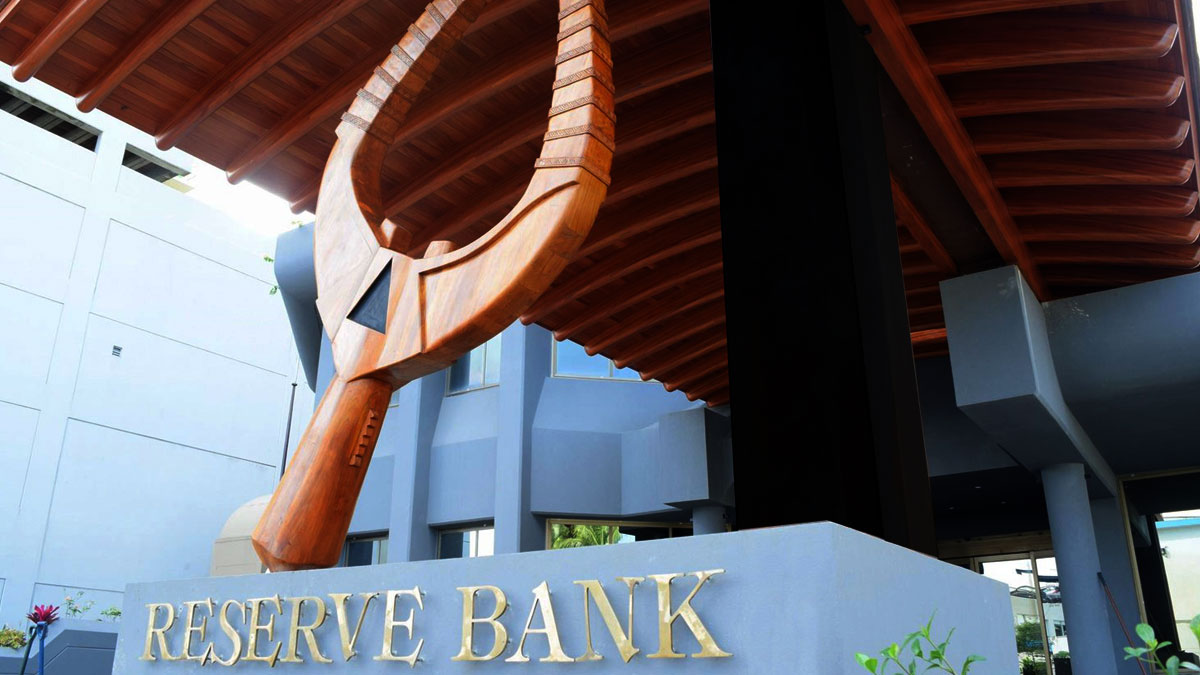
As we await the announcement of the 2024/2025 National Budget, there are clear indications that a lot of work needs to be done as the Macroeconomic Committee has highlighted that investment is slow-paced, we continue to have a major worry on skills shortage, high cost of living, red tape and low economic growth rate.
While pipeline projects look promising for Fiji, the committee says investment activity is slow-paced in our country due to several challenges, such as high building and material costs, skill shortages and red tape.
The committee chaired by Reserve Bank of Fiji Governor, Ariff Ali says apart from the surprisingly strong growth in tourist arrivals up to April and higher gold output due to the start of production at Tuvatu Gold Mine, other sector outcomes are performing below par.
Despite the buoyant inflow of remittances and higher incomes, growth in consumption spending has moderated largely due to the notable number of Fijian citizens migrating abroad, most of them whom are skilled and semi-skilled workers (around 15 percent of the total labour force).
It has been earlier stated that more than 70,000 people have left Fiji.
The outturn in the economy has also been impacted by elevated cost of living as inflation went up to 7.1 percent in April 2024 and lower than expected Government expenditure, the latter affected by capacity constraints.
Ali adds the Fiji economy started 2024 on a softer note than anticipated as evidenced by partial indicators.
The latest available data and weaker incoming forward-looking information have led to a downward revision to Fiji’s 2024 GDP growth forecast to 2.8 percent from 3.4 percent projected in November 2023.
The revised forecast takes into account the possible increase in Government expenditure in the 2024-2025 National Budget to boost the economy.
The other key sectors to contribute towards this growth include the financial, agriculture, transport, accommodation, wholesale and retail sales, manufacturing, information and communication, electricity, construction, mining and administration sectors.
GDP projections for 2025 and 2026 are broadly unchanged from last November, with economic activity forecast to strengthen slightly and hover around the pre-pandemic growth trend of 3 percent.
Risks to the outlook are tilted to the downside and include heightened geopolitical tensions, continued loss of labour due to migration, delayed regulatory approvals, rising cost of doing business and the constant threat of climate change and natural disasters.
Deputy Prime Minister and Minister for Finance, Professor Biman Prasad will deliver the 2024/2025 National Budget at 10am Friday.
Click here for more Budget 2024-2025 stories
Stay tuned for the latest news on our radio stations

